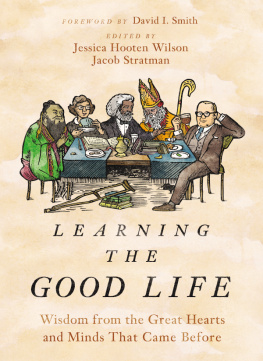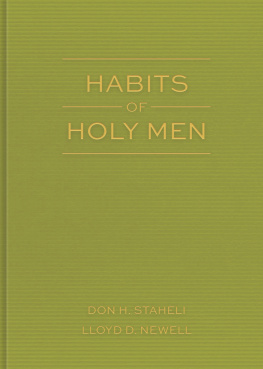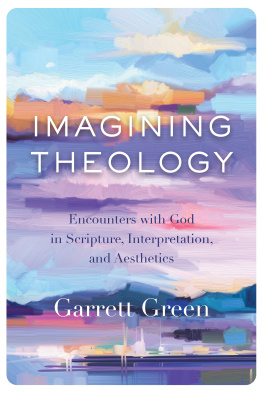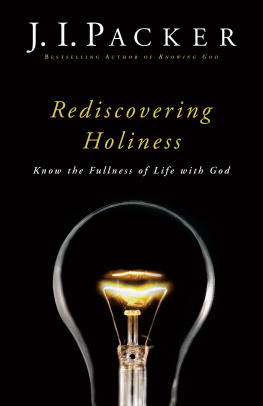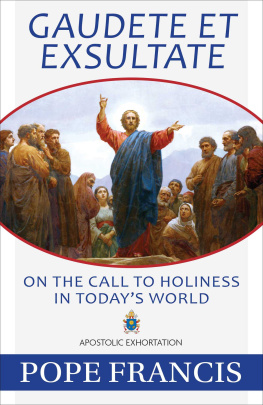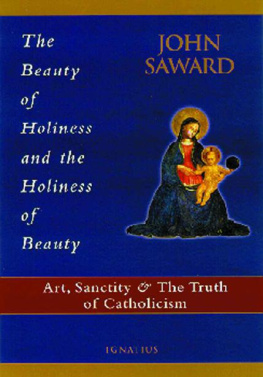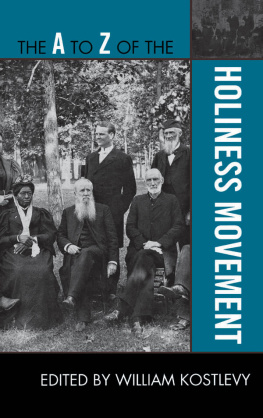Copyright Page
2022 by Jessica Hooten Wilson
Illustrations Kelly Latimore
Published by Brazos Press
a division of Baker Publishing Group
PO Box 6287, Grand Rapids, MI 49516-6287
www.brazospress.com
Ebook edition created 2022
All rights reserved. No part of this publication may be reproduced, stored in a retrieval system, or transmitted in any form or by any meansfor example, electronic, photocopy, recordingwithout the prior written permission of the publisher. The only exception is brief quotations in printed reviews.
Library of Congress Cataloging-in-Publication Data is on file at the Library of Congress, Washington, DC.
ISBN 978-1-4934-3534-0
Unless otherwise indicated, Scripture quotations are from THE HOLY BIBLE, NEW INTERNATIONAL VERSION, NIV Copyright 1973, 1978, 1984, 2011 by Biblica, Inc. Used by permission. All rights reserved worldwide.
Scripture quotations labeled AT are the authors translation.
Scripture quotations labeled CEB are from the Common English Bible. Copyright 2011 by the Common English Bible. All rights reserved. Used by permission.
Scripture quotations labeled CEV are from the Contemporary English Version 1991, 1992, 1995 by American Bible Society. Used by permission.
Scripture quotations labeled ESV are from The Holy Bible, English Standard Version (ESV), copyright 2001 by Crossway, a publishing ministry of Good News Publishers. Used by permission. All rights reserved. ESV Text Edition: 2016
Scripture quotations labeled KJV are from the King James Version of the Bible.
Scripture quotations labeled LEB are from the Lexham English Bible . Copyright 2012 Logos Bible Software. Lexham is a registered trademark of Logos Bible Software.
Scripture quotations labeled MSG are taken from THE MESSAGE , copyright 1993, 2002, 2018 by Eugene H. Peterson. Used by permission of NavPress. All rights reserved. Represented by Tyndale House Publishers, Inc.
Scripture quotations labeled NCV are from the New Century Version. Copyright 2005 by Thomas Nelson. Used by permission. All rights reserved.
Scripture quotations labeled NRSV are from the New Revised Standard Version of the Bible, copyright 1989 National Council of the Churches of Christ in the United States of America. Used by permission. All rights reserved.
The author is represented by WordServe Literary Group, www.wordserveliterary.com.
Baker Publishing Group publications use paper produced from sustainable forestry practices and post-consumer waste whenever possible.
Dedication
To my children Evelyn, Zade, and Lucette,
who encourage my daily sanctification
Epigraph
The only real sadness, the only real failure, the only great tragedy in life is not to become a saint.
Lon Bloy, The Woman Who Was Poor
Contents
Half Title Page
Title Page
Copyright Page
Dedication
Epigraph
Foreword by Lauren F. Winner
Introduction
1. Holy Foolishness
2. Communion of Saints
3. Creation Care as a Holy Calling
4. Liberating Prophets
5. Virgin, Bride, Mother
6. Contemplative and Active Life
7. Sharing in His Suffering
8. Ars Moriendi
Conclusion
Acknowledgments
Notes
Cover Flaps
Back Cover
Foreword
For over twenty years, Ive been quarreling in my head with something a college history professor said to me shortly after I graduated. This was a woman I revered (and still revere), a woman whose books and teaching made an enormous impact on me, a woman who opened her kitchen table to me regularly, and whose life seemed elegant and generous and beautiful. I took to heart much that she said over the years, and only about this have I persistently quarreled.
The quarrel concerns fiction: I dont read it anymore, she said. It takes too long to get to the heart of the matter. I was stunned. Taken aback. I knew this woman had once read a great deal of fictionnovels were constantly coming up in conversation, Tom Jones and Jo March often adduced to illustrate a point. Furthermore, it was hard for me to grasp that a life as beautiful as hers didnt include novel-reading.
I asked my professor what she read in bed at night. Scholarly articles in other disciplines, she said. This was the only time a glimpse of my professors routines seemed other than enviable.

Hers was the first argument I encountered against reading fiction; it wouldnt be the last. Shortly after that professorial conversation, I was baptized, and I began learning my way around Christian texts, and I soon saw that the Christian tradition has long worried about reading fiction.
In the Confessions , Augustine remembers being absorbed in the tale of Dido and Aeneas. I was made to master the wanderings of some fellow called Aeneas (meanwhile neglecting my own wanderings), and to weep for Didos dying, just because she killed herself for love. And all the timepitiable though I wasin such matters I endured my own dying away from you, O God, my life; and I shed not a single tear. In other words, I cried, I wept, I wept over Didos deathbut, in fact, it was all made up, and I should have been weeping over my sins.
Leap ahead more than a millennium to the literary landscape of the novel (so called because the genre of long-form fiction that derived its plot from something other than a classical tale or fable was, when it emerged in the eighteenth century, new). In 1802, Quaker physician, abolitionist, and minor founding father Benjamin Rush took a page from Augustine: novels nurtured abortive sympathy... [that] blunts the heart to that which is real. Many of Rushs contemporaries worried especially about the ways that fiction might distort the affections of young female readers. In 1798, a writer in the Weekly Magazine offered a representative warning:
I have heard it said in favour of novels, that there are many good sentiments dispersed in them. I maintain, that good sentiments being found scattered in loose novels, render them the more dangerous, since, when they are mixed with seducing arguments, it requires more discernment than is to be found in youth to separate the evil from the good... and when a young lady finds principles of religion and virtue inculcated in a book, she is naturally thrown off her guard by taking it for granted that such a work can contain no harm; and of course the evil steals imperceptibly into her heart.

Those critics, from Augustine to Rush, worried that the fiction-reader would be forever spoiled for real life, so busy weeping for Dido that there would be no time to develop the habit of weeping for her own depravations. So busy fantasizing about the adventures of a fictional heroine that she would fail to discipline herself to the constraints of her own more humdrum reality. Note the 1798 writers word choice: seducing. Novels didnt just tell the stories of rakes and scoundrelsthey were rakes, texts that had the power to lead the reader down the primrose path of debauchery.
To Rush and Augustine, the book youre now holding proposes a magisterial counterargument. Like Rush et al., Jessica Hooten Wilson recognizes that fiction can mold our imaginationsbut she shows that exactly because fiction so powerfully engages our imagination, novels and short stories can lift our gaze from the stream of simulacra in which we constantly swim and show us truths that neither treatises nor Twitter can show us. And in particular, fiction can show us truths about the Christian lifeabout life with God and life with neighborthat theological treatises cannot show. In this book, youll keep company with all manner of fictional charactersa thirty-year-old priest dying of cancer who understands something about the ubiquity of grace; the biblical Moses recast as a superhero for the Black community; a medieval Norwegian woman whose quotidian life is revealed, over hundreds of pages, to participate in the life and sufferings of Jesus. The fictional heroes about whom Wilson writes exemplify certain virtues; they are all saints, of a sort, and Wilson means to show us how keeping company with them might give us an imagination for sanctity.


